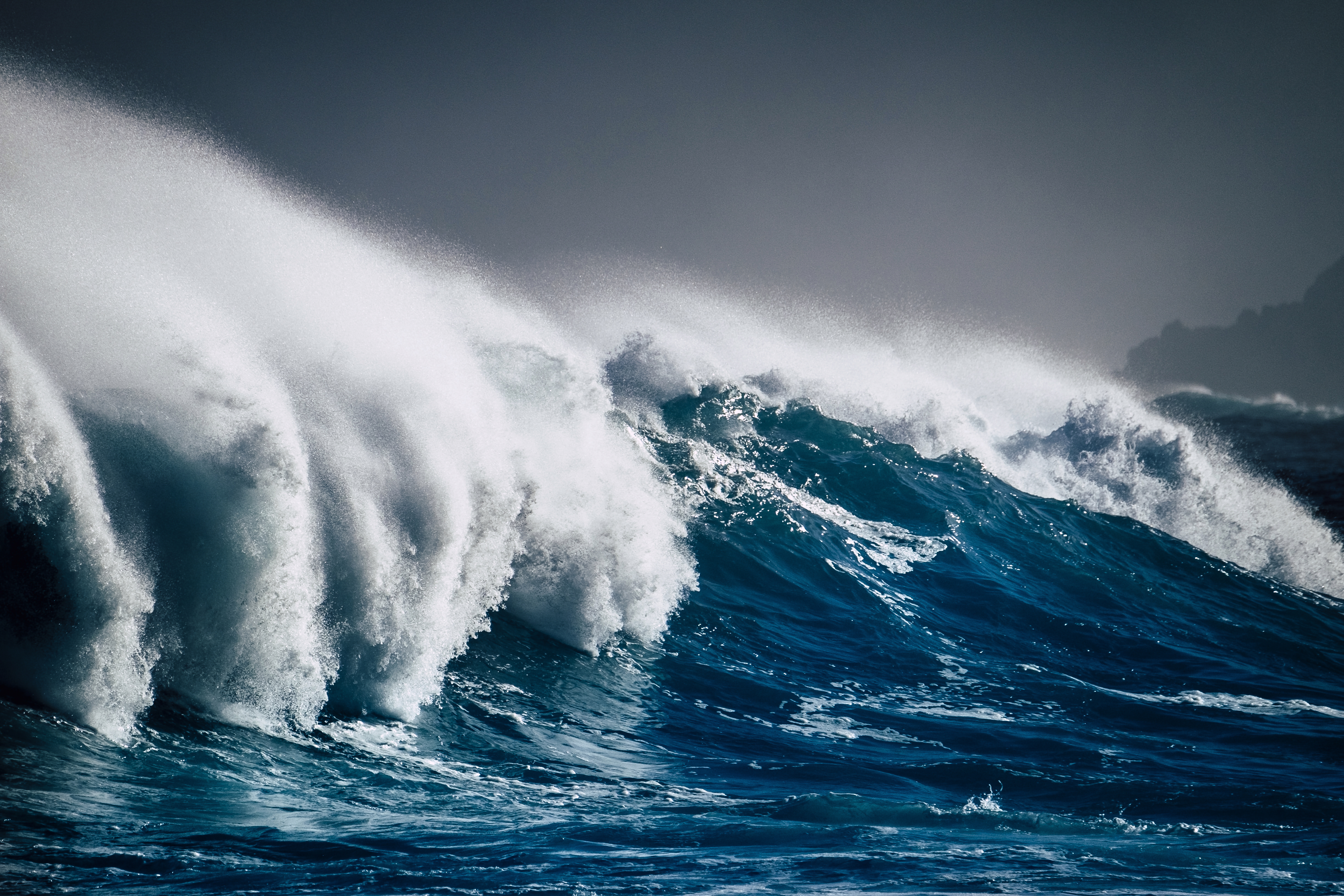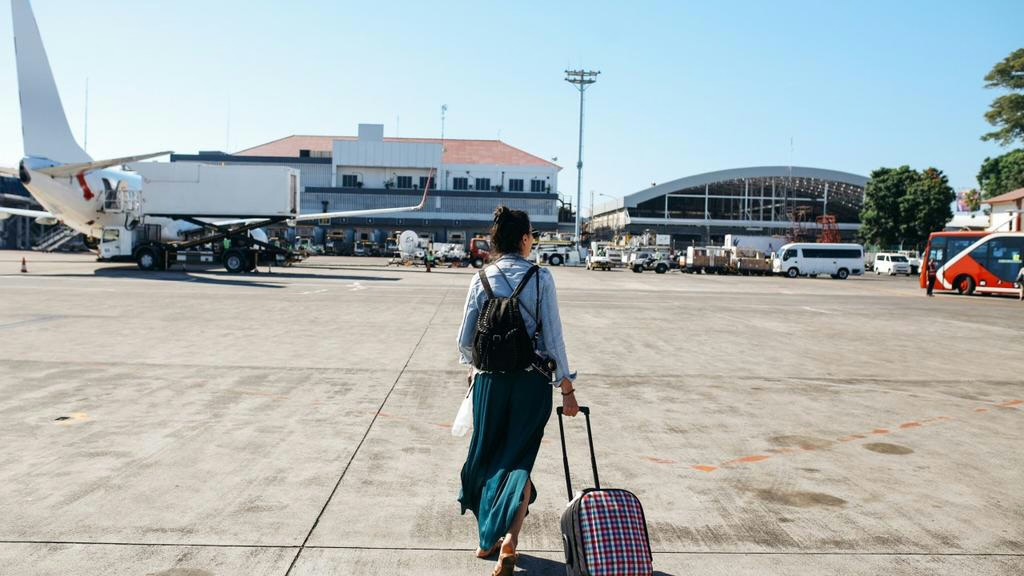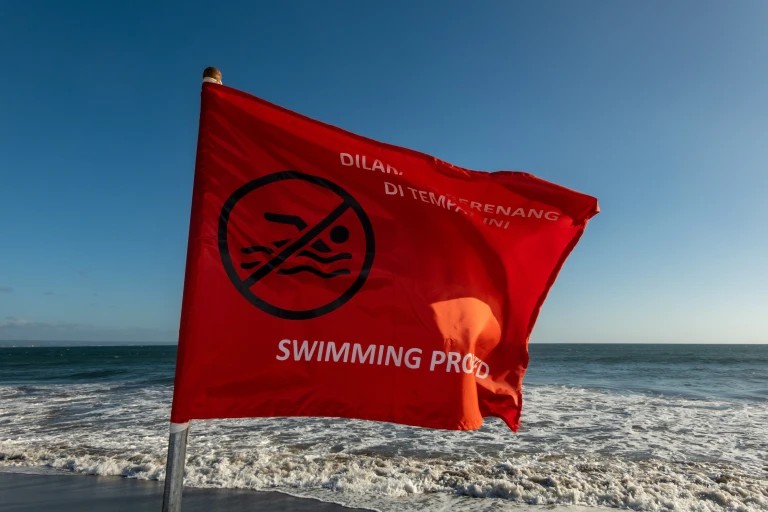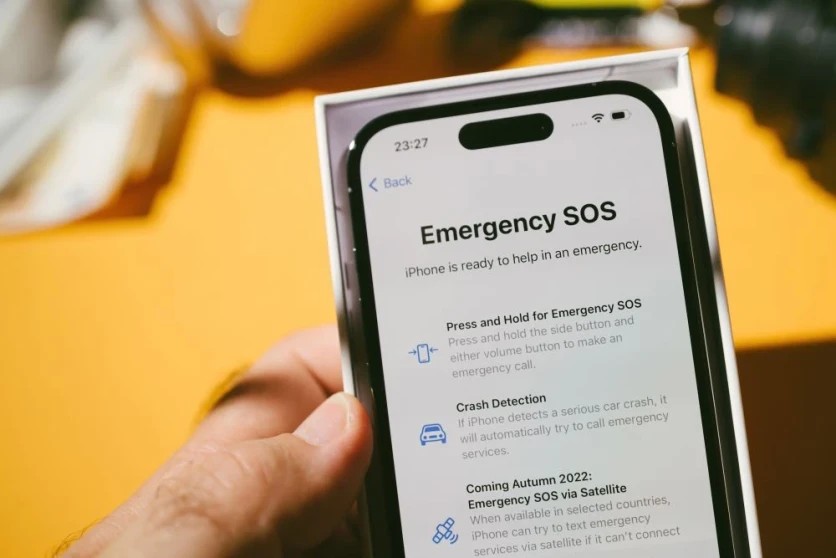Indonesia is a thriving tourist region with incredible islands and nature. Every year, millions of tourists from around the world flock here for the sun, waves, and new experiences. However, it's important not to forget about safety issues when traveling to the beauties of this amazing country.

The Indonesian Ministry of Tourism recently issued safety recommendations for tourists. Travelers are advised to be cautious, especially when engaging in outdoor activities such as hiking in the mountains and swimming in the ocean.
Risks of Climbing Volcanoes and Mountains
Indonesia has many active volcanoes, and many of them are popular hiking and trekking spots for adventure enthusiasts. However, such ascents are risky, especially for those who are not physically prepared.
The recent tragedy on Rinjani, where a tourist died, shows that even popular routes can be dangerous for those who underestimate the challenges of the climb. After the tragedy, Lombok authorities tightened the rules for climbing the volcano.
Before hiking in the mountains, make sure to:
- Check your physical condition and ensure you have the necessary equipment.
- Clarify the details and difficulty of the route.
- Use the services of licensed guides.
- Pay attention to warnings about seismic activity.
- If you are still unsure if the route is suitable, it's always a good idea to start with easier mountains.
The Impact of Natural Disasters on Flights

Indonesia is located in a seismically active zone and is prone to volcanic eruptions, earthquakes, and tsunamis. The recent eruption of Levotobi Laki-Laki, which caused an ash plume over Bali, led to flight delays and cancellations. This is a reminder that even well-planned trips to volcanic regions can be disrupted by natural phenomena. Acid rain can also be deadly, especially for children if they inhale the toxic substances.
Recommendations:
- Monitor updates on volcanic activity and potential flight disruptions on the BMKG (Indonesian Meteorological and Geophysical Agency) website or app, on the Bali airport website, and your airline's website.
- Before traveling, get insurance that covers emergencies and flight delays.
- Allow extra time for connections in case of delays or cancellations.
Dangers in the Water

Indonesian beaches are enticing with their clear waters, but the ocean can be treacherous. Strong currents and unpredictable waves can be dangerous, especially during the dry season (July–August). Many beaches in Bali, including popular surfing spots in Canggu, Uluwatu, and Seminyak, are not patrolled and lack lifeguards, increasing the risks for swimmers and surfers.
Pay attention to warning flags on the beaches! Red flags on Bali mark areas where swimming is prohibited. If you are unsure where it's safe to swim, ask the lifeguards. Remember, even experienced swimmers can get caught in strong rip currents.
Recommendations:
- Do not swim beyond the buoys.
- Swim only in areas where there are lifeguards.
- Always pay attention to warning flags on the beach.
- Avoid swimming alone, in the dark, and while intoxicated.
In early July, a ferry accident occurred off the coast of Bali. The tragedy claimed the lives of 18 people, with 17 missing. Before traveling by ferry, familiarize yourself with safety regulations on water transport.
Recommendations:
- Choose reputable companies and ferries with a good reputation.
- Ensure there are life jackets and understand the evacuation rules on board.
- Check the weather before traveling between islands.
Terrorism
While Indonesia is considered safe, the US Department of State has issued a level 2 alert for the country, recommending increased caution due to potential terrorist threats. This especially applies to crowded places such as markets, festivals, airports, and tourist areas in Bali and Jakarta. Although the likelihood of encountering terrorist attacks is very low, travelers are advised to take safety measures.
- Stay alert in crowded places.
- Avoid participating in mass events if there are warnings from local authorities.
- Carry emergency contacts and copies of documents.
Emergency Numbers in Indonesia:
• 112 — General emergency services
• 110 — Police
• 118 — Ambulance
It's always important to remember that your safety depends primarily on your attentiveness. By following local authorities' recommendations, staying informed about the weather and your health, using insurance and seeking services from licensed agencies and guides, you minimize risks. This will allow you to peacefully enjoy everything this amazing country has to offer.
Source: TW




You can add one right now!